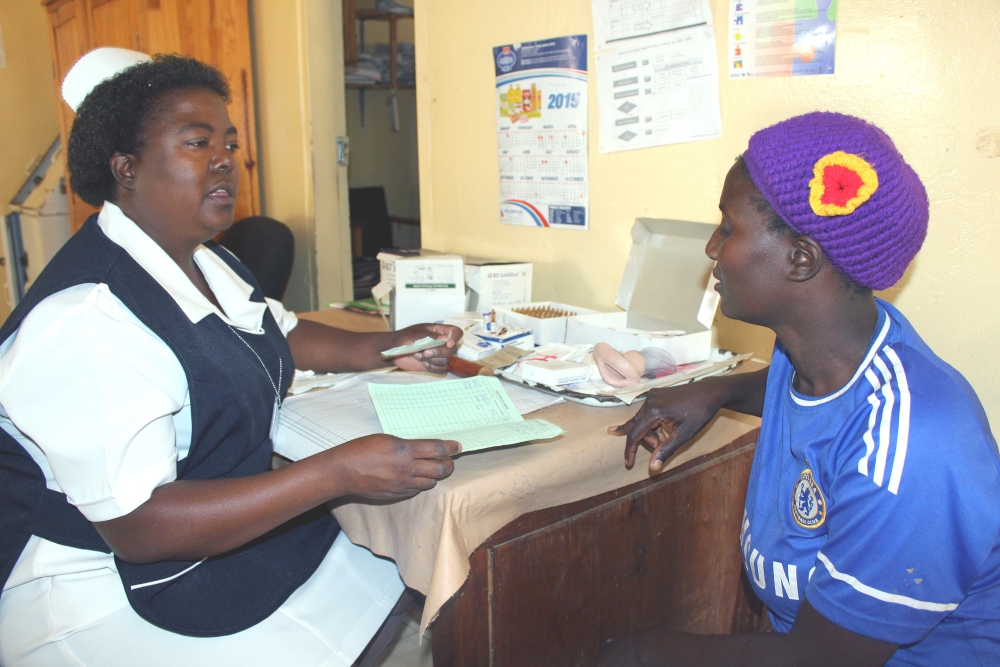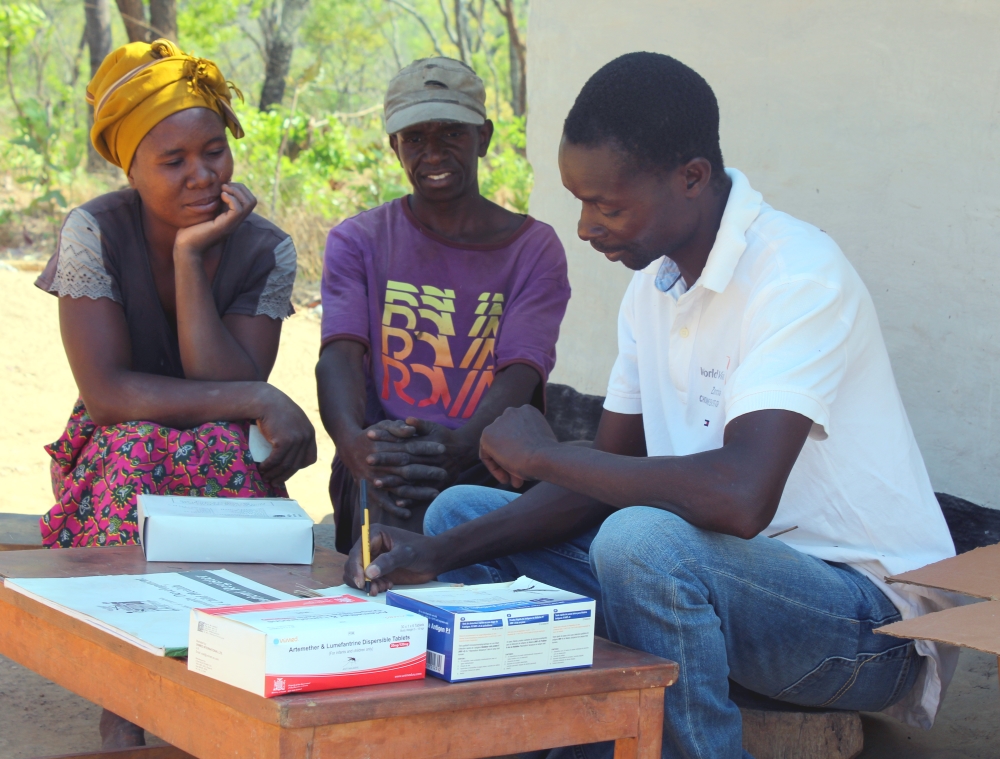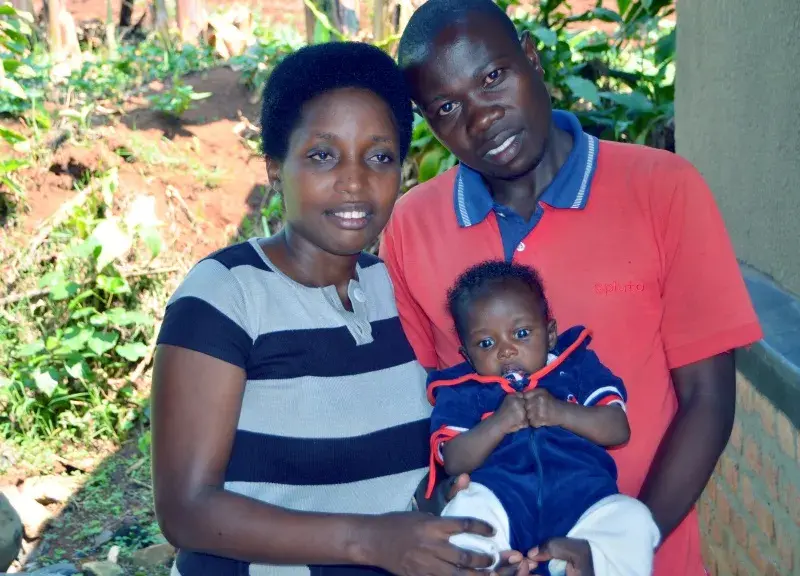ILLENGA, Northern Province, Zambia – Judith*, 40, has eight children. Because she is physically challenged and lives in a village in a remote area of Zambia, for many years she was effectively invisible to the health system. She had no access to health services and there were no targeted health interventions to reach her. Or others like her.

Without access to any family planning services - neither fixed, nor community based, nor outreach - she has not been able to plan the number and spacing of her offspring. This has added to her struggle of coping with her physical challenges.
Judith is among the 21 per cent of Zambian women of reproductive age who have an unmet need for family planning. This means that they wish to use it but do not have access to it.
Excited about the prospect of not having to worry about another unintended pregnancy, she hopes to continue using injectable contraceptives. Yet she has to weigh up the cost of transport to the health centre – 35 kilometres away – with other family demands.
Access costs 4-hour journey by foot over mountains

Felistus* and Peter* are peasant farmers and parents to five children in rural Rufunsa district. Though Felistus has begun accessing injectable contraceptives, doing so is far from easy. Every three months it takes her four hours to walk across two mountains to get to the nearest family planning service delivery point and back – a distance of about 40 kilometres.
Peter is uncomfortable about his wife leaving the house and their children unattended, as the journey to the clinic takes her most of the day. This has on occasion led to misunderstandings between husband and wife, yet Peter understands the benefits of family planning and supports his wife.
Modern contraceptive use gains ground
In Zambia, demand for and use of modern contraceptives is growing. Knowledge of contraceptive methods is nearly universal, with 99 per cent of women and men having knowledge of at least one contraceptive method, according to Zambia’s 2013-2014 Demographic and Health Survey. Between 2002 and 2014, modern contraceptive use increased from 34 per cent to 45 per cent, and unmet need for contraception declined from a high of 27 per cent to 21 per cent.
Similarly, the maternal mortality ratio has declined from a high of 729 deaths per 100,000 live births in 2001 to 398 per 100,000 in 2014. However, there are still significant inequalities in access to maternal health services, including modern contraceptive use, in Zambia.
In rural areas, a number of challenges hinder women from using family planning services. These include long distances to health facilities, traditional barriers such as men prohibiting their wives from using contraceptives, and a desire to have many children.
Although unmet need for contraceptives is declining, it is relatively high in rural areas, at 24 per cent compared to 17 per cent in urban areas, and at 25 per cent among adolescents. There is high teenage pregnancy in Zambia, at 29 per cent, which underscores the critical need for adolescent-friendly and responsive family planning services.
Strengthening health services in rural areas
It is the testimonies of women such as Judith, Euniver and Felistus that have helped ensure that the supply chain for family planning commodities is being strengthened in remote rural areas, to the last mile. This includes the training of Community-Based Distributors (CBDs) in an effort to increase access to family planning services among underserved populations.
To improve access to family planning in hard-to-reach communities, the Ministry of Health endorsed a policy to allow CBDs to provide selected injectable contraceptives. In addition, the government in conjunction with partners has committed to expanding access in underserved areas. This includes the construction of 650 health posts countrywide, as well as the scaling up of access to rights-based family planning by increasing domestic funding and partnerships, improving the method mix and strengthening task shifting to trained Community Health Assistants (CHAs) and CBDs.
UNFPA supports coordination of family planning services
UNFPA, the United Nations Population Fund in Zambia has provided support to this process through strengthening coordination mechanisms for partners working in family planning. The Fund supports the development of community-based distribution plans, development of training manuals and technical guidelines for health-care providers and CBDs, as well as targeted capacity building of health-care providers and CBDs.
UNFPA in Zambia procures between 40 per cent and 50 per cent of annual national contraceptive needs and ensures a good method mix. Additionally, the Fund advocates for rights-based family planning services in hard-to-reach areas.
It is anticipated that all these efforts will significantly ease the burden experienced by women and girls in accessing family planning services in rural areas, increase uptake of quality family planning services and improve availability of method mix at community and facility level, to ensure that no one – not even in the remotest of areas – is left behind.
By Rita Magawa
* Names changed to protect their privacy



